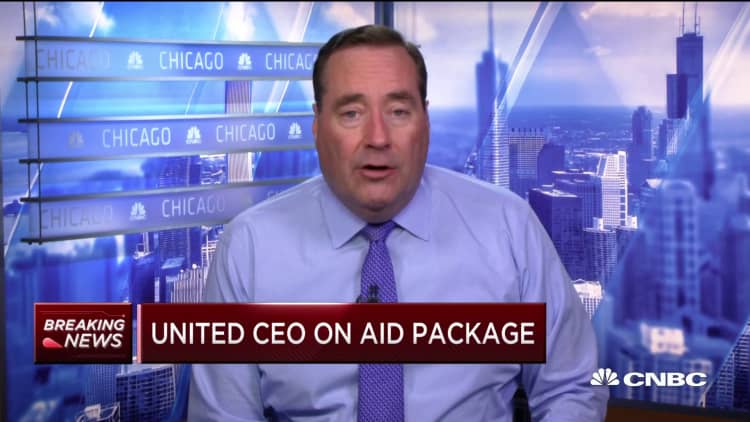Private-jet companies could receive billions of dollars in loans, aid and tax relief from the federal government as part of the $2 trillion coronavirus aid package.
Under the bill, private-jet charter companies and jet-card companies will receive several types of help from the federal government. First, private-jet companies will no longer have to pay a 7.5% tax. The tax, known as Federal Excise Tax, is charged to customers of private-jet charters and jet-card users. The tax won't be charged for the rest of the year. Jet companies also won't have to pay any fuel taxes.
In addition, private-jet companies will be eligible to receive funding from the $25 billion in loans and loan guarantees available to the aviation industry. They are also included in the $25 billion in grant payments for the continuation of wage payments to workers.
Private-jet airports and smaller airports will also receive more than $100 million in federal funding under the bill.

The aid follows a lobbying effort by private-jet companies and general aviation firms to receive a portion of the federal aid money, arguing that private aviation generates 1.2 million jobs and $77 billion in income.
"On balance, the bill is helpful to general aviation," said Ed Bolen, president and CEO of the National Business Aviation Association, which represents private-jet companies and owners as well as general aviation companies. "The industry clearly made its voice heard in insuring that the important provisions for general aviation, commercial operators and other small businesses were considered as this legislation was assembled."
Yet using taxpayer funding to help an industry that caters to the wealthy has also sparked criticism. Before the bill was announced, Dean Baker, senior economist at the liberal-leaning Center for Economic Policy, told CNBC: "It's hard to imagine anything worse. Putting up public money to support an industry that serves the rich would be hard to justify. It's absurd."


